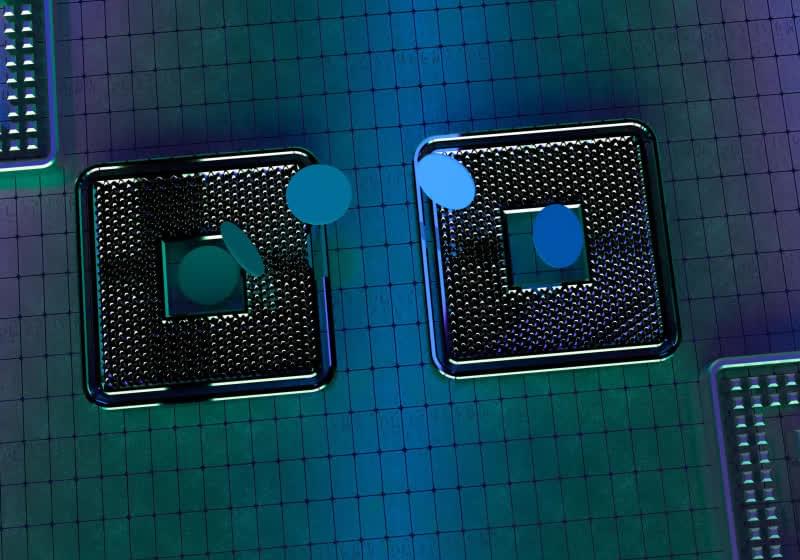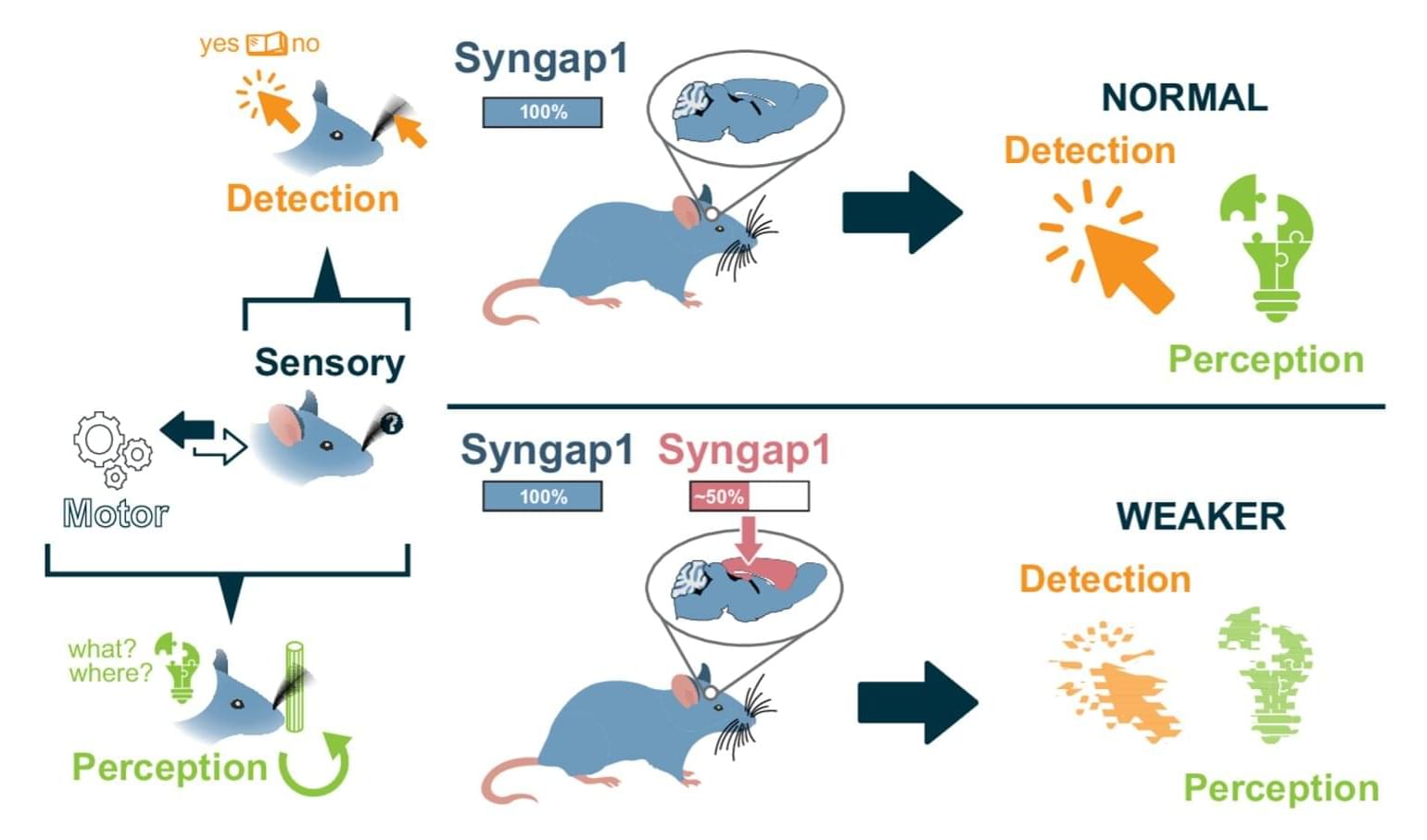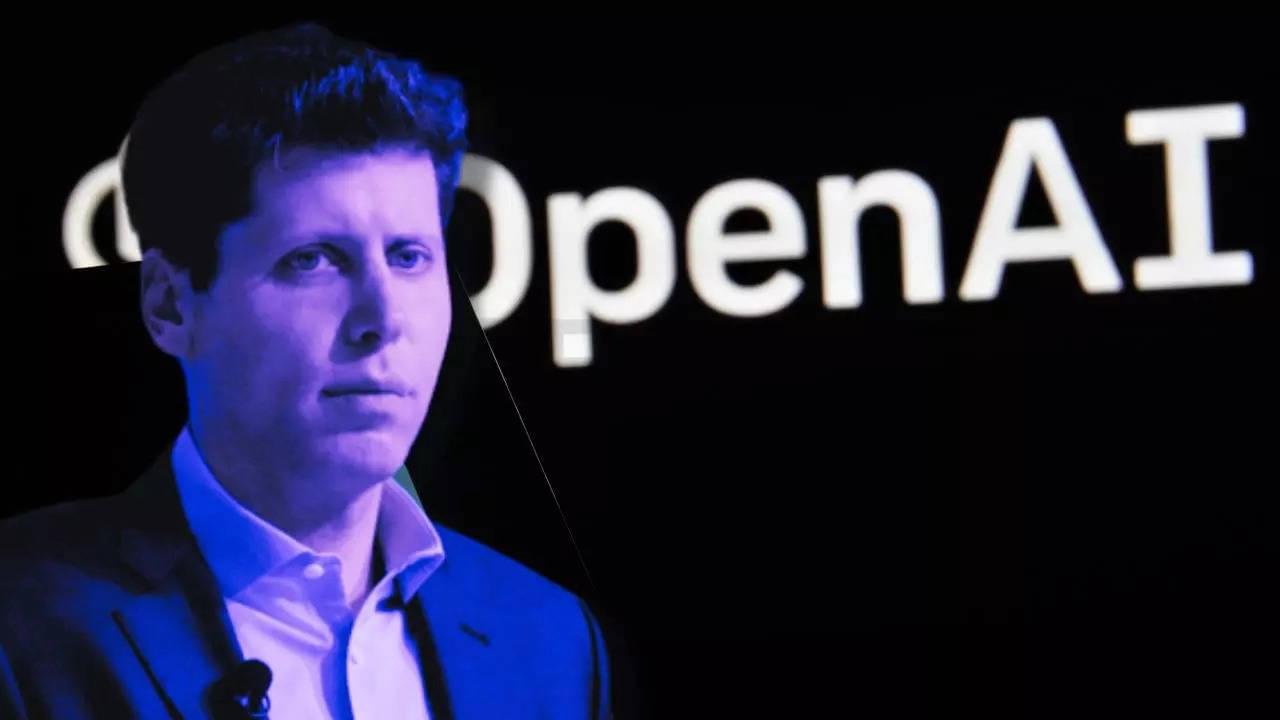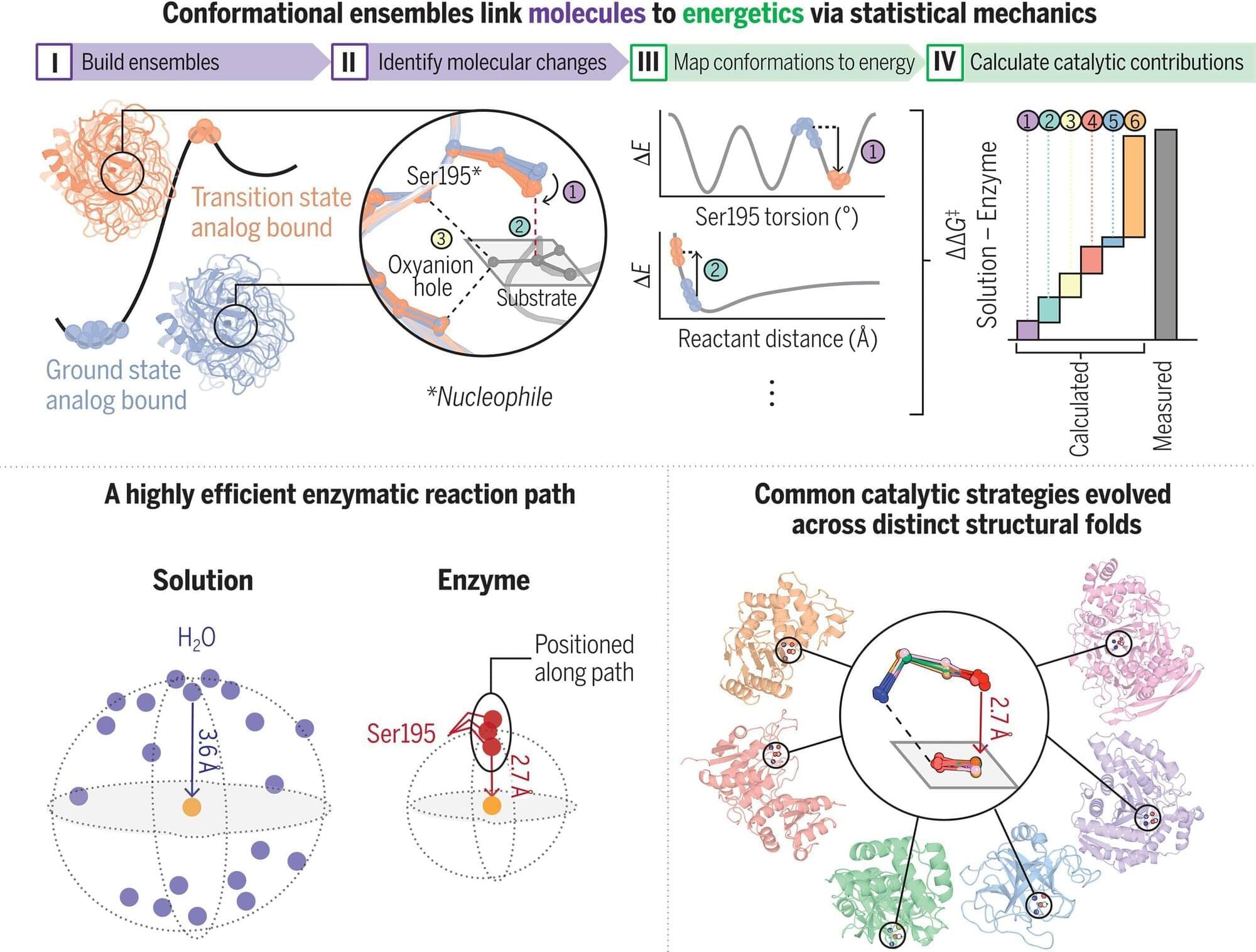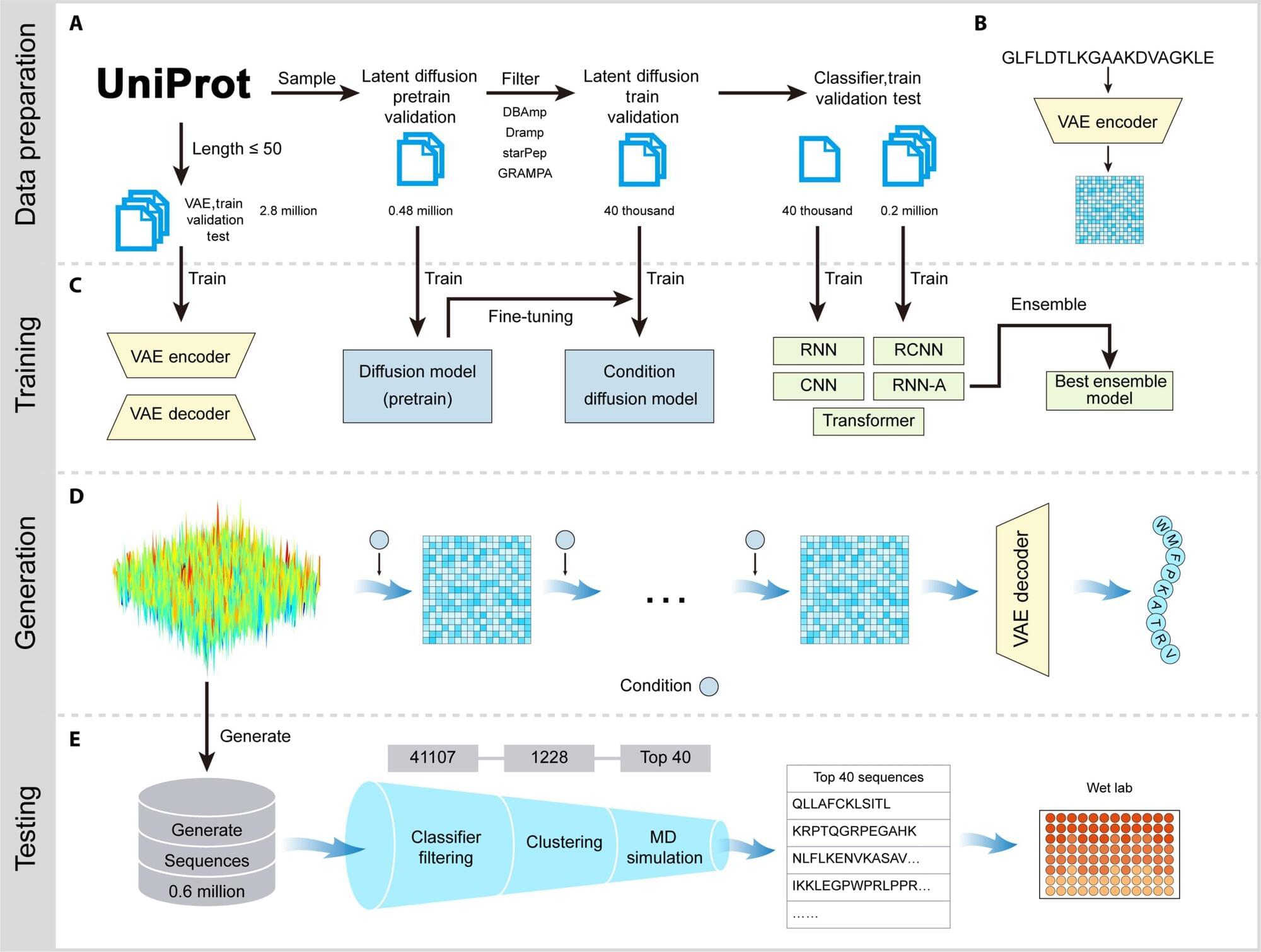Neuronal dendrites must relay synaptic inputs over long distances, but the mechanisms by which activity-evoked intracellular signals propagate over macroscopic distances remain unclear. Here, we discovered a system of periodically arranged endoplasmic reticulum-plasma membrane (ER-PM) junctions tiling the plasma membrane of dendrites at ∼1 μm intervals, interlinked by a meshwork of ER tubules patterned in a ladder-like array. Populated with Junctophilin-linked plasma membrane voltage-gated Ca2+ channels and ER Ca2+-release channels (ryanodine receptors), ER-PM junctions are hubs for ER-PM crosstalk, fine-tuning of Ca2+ homeostasis, and local activation of the Ca2+/calmodulin-dependent protein kinase II.

